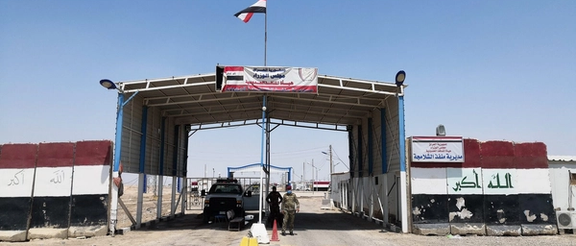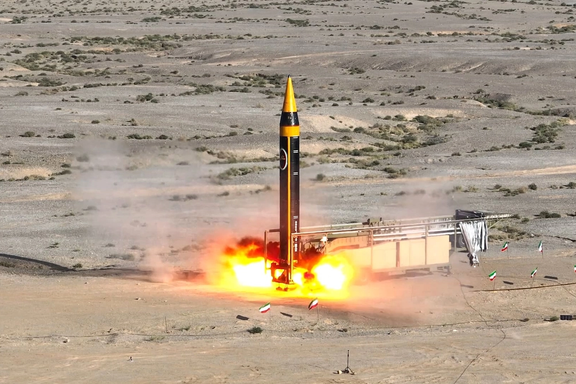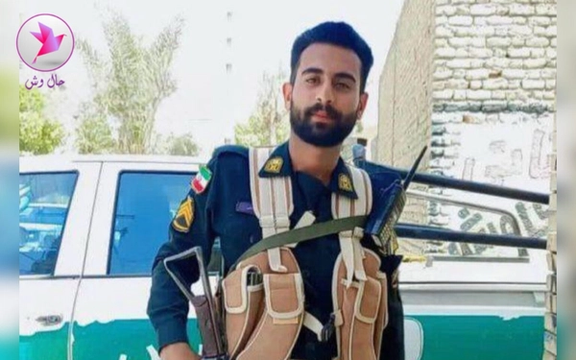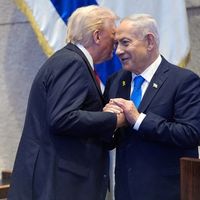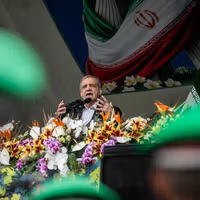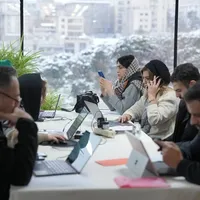Branch 39 of the Supreme Court endorsed the ruling even though none of the flaws it previously cited as the basis for overturning her sentence have been resolved, Mohammadi's attorney Amir Raeisian said on Saturday.
"The Supreme Court was expected to once again overturn the ruling, but contrary to expectations, it did not," the lawyer said.
Mohammadi was convicted on charges of baghi or “armed rebellion against the state”, which carries the death penalty under the Islamic Republic's law.
Human rights groups say her membership in the Committee for Coordinating to Help Form Workers’ Organizations was the grounds for the death sentence.
The Islamic Republic's security forces consider the committee as an affiliate of the Komala, a Kurdish armed opposition group that has been engaged in guerilla warfare against the Islamic Republic. However, both Mohammadi's family and the Komala have dismissed any affiliation.
According to rights groups, during her detention, Mohammadi was deprived of basic prisoner rights, such as in-person visits and phone calls.
For a long time, she was denied visits with her family, especially her child, and was not allowed to contact them by phone.
The decision has drawn sharp criticism by prominent activists including Masih Alinejad.
“This is not just an attack on one woman, it is an attack on every mother who dares to dream of a better life for her children. When injustice threatens the most vulnerable among us, our silence becomes consent. We must raise our voices for Sharifeh, because her fight is the fight of us all,” Alinejad wrote on X.
Mohammadi, arrested in December 2023, is among the latest prisoners sentenced to death in a wave of executions aimed at quelling dissent.
Last year, 834 Iranians were executed, according to the United Nations, marking a record high and a 50-percent increase from the previous year.
At least 22 of those executed were women, making Iran the world's number one executioner of women. The 2023 figures were the highest since 2014, according to Norway-based organization Iran Human Rights.
In January, the UN called for an end to the "horrific wave of executions" underway, with 67 executions in May alone.
